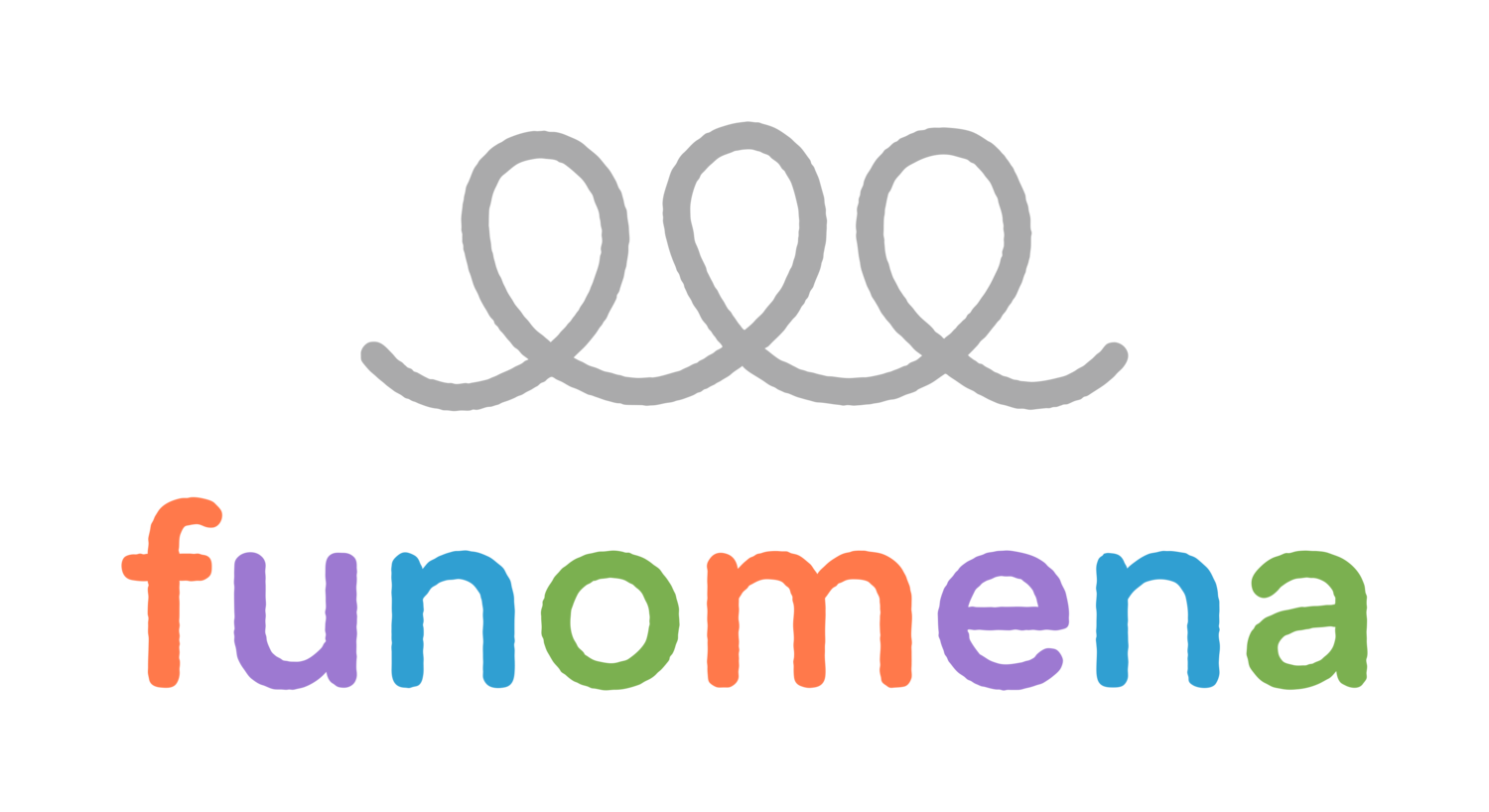Collaboration and Exploration
/Hi, I’m Martin, co-founder and technical director here at Funomena! Every month a Funomenaut volunteers to speak at lunch on a topic of his or her choosing, and so far we’ve learned about a variety of interesting subjects, from hallucinations to the genius of Jackie Chan. For my talk I presented some thoughts on collaboration, which I am adapting here to share with you.
One of our core values is that everyone’s time is valuable. The experience of playing our games should be a worthwhile way for players to spend their time. The experience of developing our games should also be worthwhile! It can initially feel overwhelming, you start out with a seemingly infinite possibility space of all the games you could make. The game you want to make exists somewhere in those possibilities, but you’re not sure exactly where, or how to get to it. You’re stumbling around, sometimes making false starts, sometimes doubling back, and occasionally heading in the right direction.
If you are measuring your progress only against your final destination, you can often feel like you are wasting your time. However, most of that time spent stumbling around is a necessary part of the process. Part of the challenge of game development is maintaining cohesion between different realities. Even as a solo developer there can be a disconnect between the target you want to be heading toward, the target you think you are heading toward, and the direction you are actually going. When you are working on a team several new realities get added: the direction you say you are going, the direction other people hear from you, and the direction other people think you should be going instead.
You need a lot of communication to keep everyone on the same page. When developing experimental gameplay, it is hard to communicate the experience of the game through words because you don’t have many common reference points for people to relate to. Ultimately the best way to communicate is through the game itself. Our prototyping phases tend to be longer than our production phases. Most of the work done during our development is for the purpose of communicating with the rest of the team about what the game could be. Even though this work may not make it into the final game, it is still a valuable use of development time.
Game development requires patience, but narrowing down an abstract idea into something concrete and playable ultimately is rewarding, and you gain an appreciation for the nature of exploration. The medium is still young, and maybe in the future the vocabulary will be more defined, but I’m excited to have the chance to stumble around right now!


